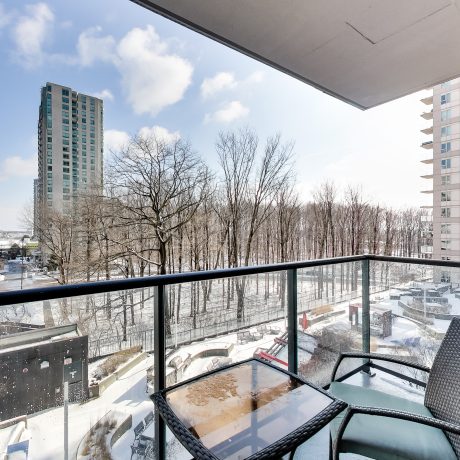Posted on April 18, 2013 in Buying, Condominiums/Multi-Residential, First Time Homebuyers, Selling

Everyone loves May flowers, it’s the April showers that you have to worry about. Let’s take this opportunity to talk about water where it shouldn’t be. Like your floor or coming down your walls.
Claims due to water damage are the number one insurance claim in Toronto, beating out fire damage. For anyone out there who still feels like they don’t need home insurance since “nothing burns anymore” maybe this is the wake-up call you need. Same goes for condo owners – we’ve heard enough stories of water rushing down the walls from the unit above to turn any doubter into an insurance believer.
What to do? Well first off stop ignoring any problems. A bit of dampness now isn’t going to magically resolve itself. Fix that leaky washing machine, the mystery drip from your hot water tank and the water that’s seeping in through your window sill.
For condo owners, making sure you have comprehensive insurance coverage is your best course of action. Then crack a beer and see if you can glimpse the CN Tower getting struck by lightning from your balcony during the next storm. You can’t really do much else to protect yourself from the guy upstairs clogging the toilet and heading out for the night. Unless you want to buy a penthouse unit of course!
For house owners, lucky you, there’s more you can do! First things first, get on the phone with your insurance provider and make sure you have adequate coverage. After that, here are a few prevention tips:
• Check out your roof. It has a life expectancy. It’s probably not a good idea to test the outer limits of it. When the shingles are starting to go, it’s time.
• Make sure your property slopes away from your house. Seems obvious, right? Can’t tell you how many times we’ve seen the opposite. Proper grading is really important.
• Clear the snow away from your foundation and basement windows and doors. Same goes for debris and leaves that can hold water up against your house. See proper grading above.
• Install a backwater valve in your basement. This fun device keeps water from backing up into your basement (not so fun).
A final word on the subject: think about it as protecting your investment. Hiding a problem with a strategically placed bucket is not a long term solution. The longer you leave a water problem the more physical damage the water will do. Even worse, over time it can affect your health. Mould doesn’t care that you put up new drywall. We’ve asked. Here’s to healthy homes and healthy home owners.




